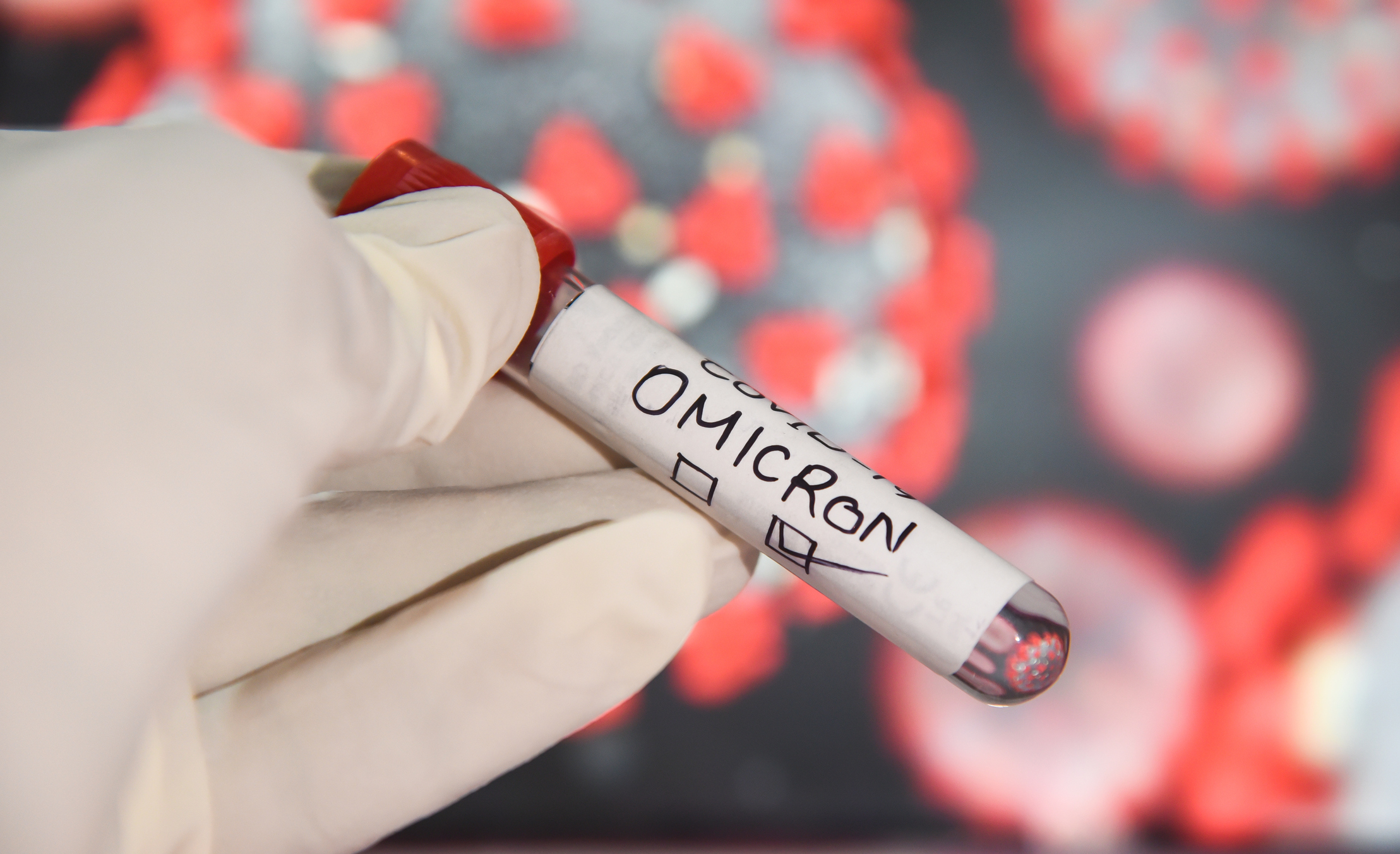Illinois health officials reported 14,049 new COVID-19 cases over the past week, along with 45 additional deaths, marking a small increase in cases following weeks of decline, but a continued decline in deaths.
The previous week, 10,786 the state reported and 71 deaths. The week before that, 8,426 new cases and 87 deaths were reported.
In all, 3,094,485 cases of coronavirus have been reported in the state since the pandemic began, according to the latest data from the Illinois Department of Public Health. The additional deaths bring the state to 33,510 confirmed COVID fatalities.
Feeling out of the loop? We'll catch you up on the Chicago news you need to know. Sign up for the weekly Chicago Catch-Up newsletter here.
Over the past seven days, the state’s weekly vaccination average rose to 19,799 doses, per IDPH data. Since last Friday, 138,595 doses were administered across the state.
More than 21 million vaccine doses have been administered in Illinois since vaccinations began in December 2020. More than 68% of Illinois resident are fully vaccinated against COVID-19, with more than 76% receiving at least one dose. About 50% are also boosted.
As of midnight Thursday, 464 patients were hospitalized due to COVID in the state. Of those patients, 70 are in ICU beds, and 32 are on ventilators, both of which have decreased in the last seven days.
IDPH on Thursday issued a warning as COVID case rates are "slowly rising in many areas of the state."
The health department said residents "should be paying close attention to conditions in their local communities" and urged vaccinations and booster shots for eligible populations.
“While hospitalizations and deaths tied to COVID-19 remain stable at this time, we are seeing a slow increase in cases in many areas of the state,” Acting IDPH Director Amaal Tokars said in a statement. “This is a reminder that we all need to remain vigilant and remain up to date on our vaccination status. This is especially important for those who are at higher risk for serious outcomes.”



